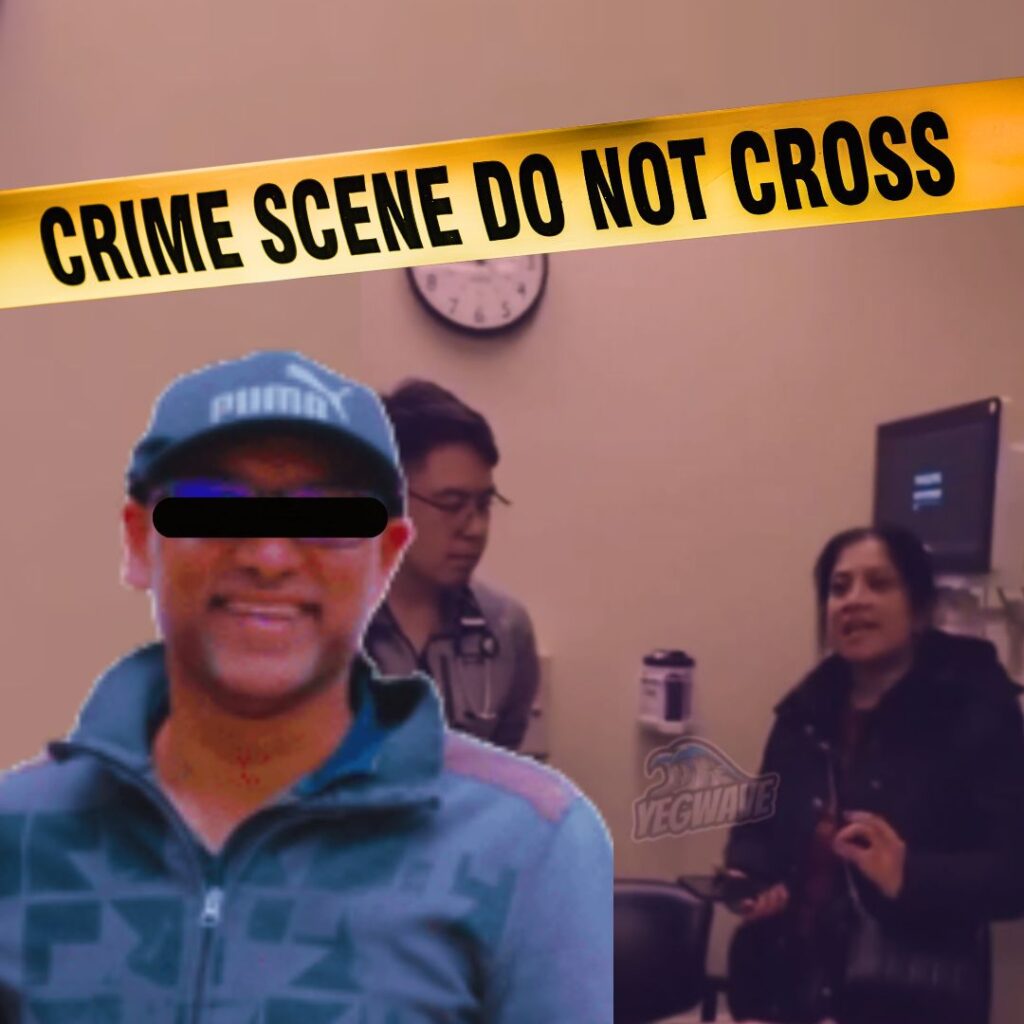In the last couple of decades, India has witnessed a drastic and positive change in the roles of women in the society. Women are actively participating in all economic activities simultaneously managing their family and work life. One such woman is Shakti Devi Sharma who serves as a Police Officer in Jammu and Kashmir Police. She made all of us proud by getting the coveted United Nation Women Peacekeeper Award for her work in Afghanistan.
In 2013, she participated in United Nations Mission in Afghanistan (UNAMA) as a Police Advisor and was responsible for capacity building of Afghan National Police, especially women force as a part of Afghanistan Democratic Policing Project (ADDP).
Born and raised in Bharnara village, Udhampur, Jammu and Kashmir, this extraordinary woman etched her name in the patriarchal society she was brought up in.
Shakti Devi Sharma spoke exclusively to The Logical Indian about her journey. Here are some snippets of the interview.
Congratulations on receiving the Award. Please tell us about your childhood.
Thank you! I was born in 1973 in Jammu and Kashmir in a very a remote village where people would practice small time farming. I was brought up in a family with four sisters and two brothers. One of my brothers passed away early. My mother, Pushpa Devi, was a homemaker and my father, Bansi Lal, worked at the rice mill. They both did not receive any education, but they believed that it was important for their children to be literate. Despite all the hardships, they sent us to school. When I was 16, my mother passed away, and I had just finished high school. I thought that this would halt my education, but my father ensured I completed my studies. The place where I belong to, girls only study till class five or eight and then drop out of school. I would travel five kilometres every day on foot and from class nine to twelve, I travelled 20 kilometres every day and mostly on foot since the frequency of buses was very poor in those days. Then I completed my bachelors and masters degree in science and MA in political science and also completed a B.Ed course. I am the first graduate and post graduate from my village. Besides studies, I would help my father fetch fire-woods from a forest, sometimes at rice mill and would also rear cattle
Since our area was educationally backwards, the society was proud of my education and would treat me respect. In fact, they feel proud today that a girl from their village is a police officer.
How did your interest in police begin?
This happened when I was pursuing my BSc degree. In those days, there was no concept of counselling in my college, and I had no idea about Indian Police Service (IPS) or Kashmir Police Service (KAS). Since childhood, I wanted to contribute to society and realised that joining the police force is the best way to serve the society. Since police have authority, I could take things in right direction easily. So I joined Police Service. In my college days, I had a flair for sports and played volleyball at national level twice.
My father wanted me to join an education department since a police job was risky. However, I was passionate. So my father finally agreed after asking me to take the pledge that I would not take any bribe or harass people. I am still following this promise.
How was your police training period?
Since the beginning, I was fully supported by my colleagues and batch mates. I was even declared the best outdoor cadet. While passing our Parade, the former Chief Minister Farooq Abdullah told me at the award ceremony that I have come out stronger than the boys. There was no discrimination at my workplace. I was also sincere, and a hard worker and always performed beyond expectations. I would run 10 kilometres every day in the morning with a rifle every day. My inspiration SHO Shamsher Singh Parihar who is also my Guru taught me basic policing. He was the SHO of Trikuta Nagar Police Station where I was a probationer. All the officers encourage and groomed me. Every step was a learning step.
How did you get the opportunity to work on the United Nation Peacekeeping mission?
I appeared in the examination for serving with the United Nations mission and was shortlisted in 2010. Between February 2012 and November 2012, I worked with East Timor Police. Our role was to improve their policing and help them in registration and investigation of cases especially focussing on handling women’s issues in Police stations. We successfully facilitated the establishment of policewomen councils in Herat and Farah province to address the challenges faced by women police and to rebuild their professionalism, especially focussing on community policing.There were two women from the Philippines as well on Afghan mission. I joined this mission in May 2013 for one year, but then I got a one-year extension until May 2015 because of my work.
What were the challenges you faced in Afghanistan?
Afghanist…











